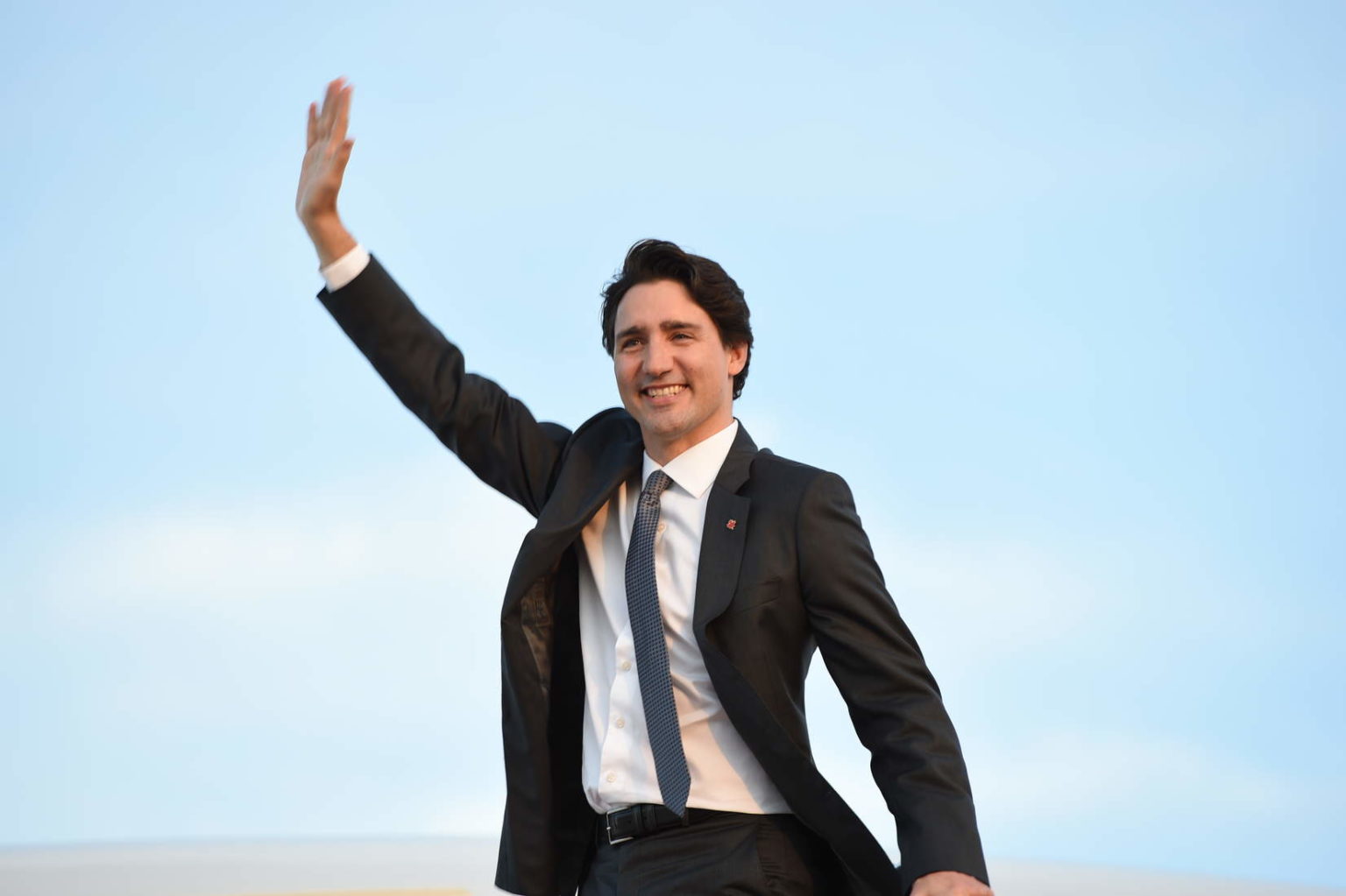By David Tindall, University of British Columbia
In the lead-up to the last federal election [in Canada], Justin Trudeau said: “Governments might grant permits, but only communities can grant permission.”
Vancouver and Burnaby did not grant permission to the Trans Mountain Pipeline expansion. Neither did a number of smaller Indigenous and non-Indigenous communities.
Nevertheless, Trudeau’s Liberal government approved the expansion. Then, this week, Finance Minister Bill Morneau announced that the government was taking over the project from Kinder Morgan.
This was a momentous day in terms of environmental politics. What are the potential consequences of the announcement?
The decision poses real risks to the federal Liberals, including harm to its reconciliation efforts with First Nations, strain on federal-provincial relations, accusations of interference in B.C. politics, the potential collapse of the federal carbon-pricing scheme and consequences for the environmental movement.
There are currently 18 federal Liberal MPs from B.C., many of whom will be in jeopardy in the next election because of the decision.
In the last election, environmental organizations like Dogwood and Leadnow worked to elect candidates who were progressive on environmental issues. In the next election, those groups and others like them will be steering voters away from the Liberals.
Trudeau Vowed Respect to Indigenous Peoples
Another plank in Trudeau’s federal election platform was “… for Canada to have a renewed, nation-to-nation relationship with Indigenous Peoples, based on recognition, rights, respect, co-operation, and partnership. This is both the right thing to do and a sure path to economic growth.”
While it’s true that there are differences of opinion among Indigenous communities in terms of opposition or support for the Trans Mountain pipeline, based on my personal communications as a scholar who studies environmental movements, there are more Indigenous people opposed than in favour.
Already, several Indigenous-led court challenges threaten the pipeline’s expansion. It’s possible that the federal government’s acquisition of the project could make things more complicated, and may lead to further court challenges.
The decision will also put further strain on federal-provincial relations, at least with regard to British Columbia. The province’s premier, John Horgan, has made every effort to avoid having tensions with the federal government and his Alberta counterpart become personal, and he has tended to avoid escalating the situation.
However, Horgan’s NDP, with the support of the Green Party, will continue with its court challenge, and perhaps take other measures, so it’s hard to imagine how tensions will ease.
One potential provincial consequence is that the pipeline decision could affect opinion about the upcoming provincial referendum on electoral reform in B.C.
It seems plausible that discontent with the status quo underlying the pipeline decision may result in increased support for changing the political system at the provincial level.
A Gift to Rachel Notley?
One of the federal government’s motivations was to deliver a pipeline to Alberta Premier Rachel Notley in exchange for her government taking action on legislation regarding carbon pricing and other measures aimed at reducing greenhouse gas emissions.
Polls suggest Notley is likely to be replaced by provincial Conservative leader Jason Kenney in the next election, and also indicate Doug Ford could win in Ontario, although he’s in a tight race with the NDP’s Andrea Horwath.
Read more: How an NDP victory in Ontario is a real possibility
Both Kenney and Ford have promised to oppose carbon pricing. And so it seems possible that the Trudeau government could have unwittingly unleashed the “carbon bomb” of the oilsands, as world-famous climate scientist James Hansen has referred to it, as the federal carbon-pricing scheme stalls.
The environmental movement has done a lot to oppose the expansion of the pipeline by raising awareness and mobilizing action about climate change. It has influenced public opinion, suggested policy options and worked to varying degrees with governments and industry.
May 29 was a tremendously disappointing day for the movement, but it’s unlikely to roll over and play dead. It will continue to ally itself with First Nations who are opposed to the pipeline, to engage in court challenges and to try to sway public opinion.
Protests will also continue. It’s possible that illegal protests will escalate, and this could be consequential. During the Civil Rights movement, for example, the arrest and jailing of peaceful African-American demonstrators had a positive impact on perceptions of their plight; the public saw them as being treated unjustly.
The same could happen in Canada, depending on who is involved, what actions are taken and how things play out.
The environmental movement will also be highly active in the next federal election, and this time it’s unlikely its members will be knocking on doors on behalf of the federal Liberals.
It’s also possible this will be a watershed moment for youth activists, who may be increasingly mobilized by the climate crisis and the inconsistency between Trudeau’s words in Paris on climate change and in Canada on pipelines, not to mention their potential dismay that Indigenous peoples might once again be facing unjust treatment.
The coming years will be interesting, and likely tense.
David Tindall is Professor of Sociology at the University of British Columbia.
This article was originally published on The Conversation. Read the original article.
Main image: Prime Minister Justin Trudeau during a U.S. visit in 2016. Credit: Joshua Dewberry/U.S. Air Force, public domain
Subscribe to our newsletter
Stay up to date with DeSmog news and alerts






